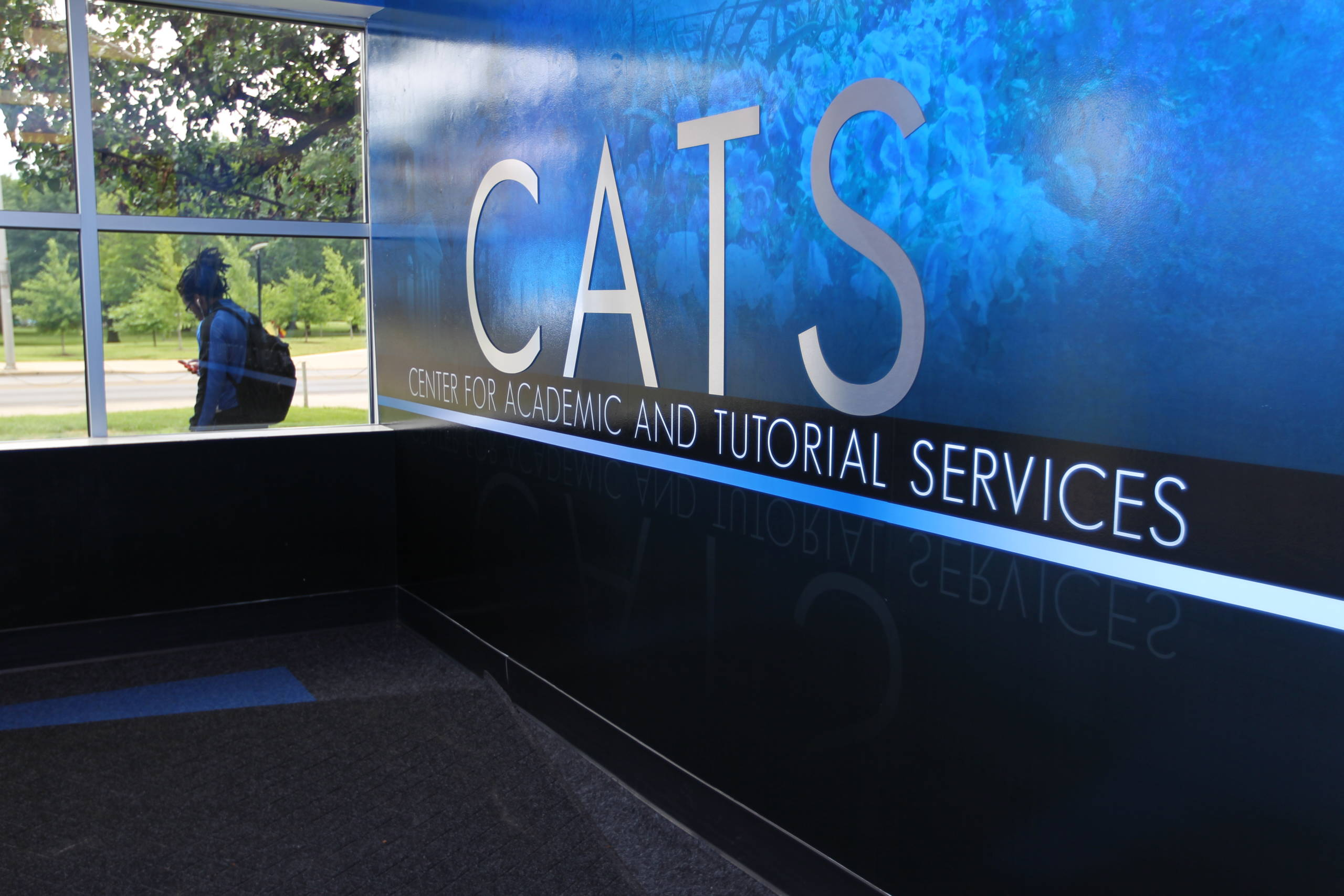
WARNING: YOU’RE NOT IN HIGH SCHOOL ANYMORE!
THE FRESHMAN YEAR
The first semester for any college student creates the blueprint for the following years to come. As a student-athlete, there are three components to your day: the academic component, the athletic component, and the personal component. The first thing student-athletes learn as they transition from high school to college is that there is an increased commitment to academic studies and athletic endeavors. The time needed to succeed in these two areas will come from the personal component. Time management is essential. The better student-athletes manage their time with athletic and academic commitments, the more personal time they have.
Summer Advising Conference at the University of Kentucky
As an incoming freshman, you will attend a summer advising conference. This conference has many benefits. It introduces students to campus-wide resources that will be used throughout a student’s career. The student will meet with a college advisor as well as have an opportunity to meet with an academic advisor through the Athletics Department.
Freshman Orientations
- Student-athletes will also attend our Student-Athlete Orientation where they will receive the student-athlete handbook which covers all UK/SEC/NCAA rules, responsibilities, and policies.
- UK 101 — It is highly recommended that ALL student-athletes enroll in UK 101. This course is designed to assist new students in adjusting to the academic life through lectures, discussions, exercises, and out-of-class assignments. UK 101 helps first-year students learn academic success and study strategies, increases their awareness of campus resources, and provides students with strategies to deal with personal and social issues that freshmen often face.
Advising and Class Schedules
Each team has an assigned CATS Advisor. Each CATS Advisor works closely with college advisors to help each student-athlete understand the academic requirements for a chosen major. The college advisors and the CATS advisors work together to ensure students progress towards a degree.
Mentors, Tutors and Study Hall
All freshmen are considered to be “monitored” student-athletes. Each monitored student-athlete will have required study hours regardless of his or her GPA. Freshmen may be assigned mentors to assist them with organizational skills. Tutor sessions are assigned to “monitored” students at the beginning of the semester as a proactive measure.
Monitoring Student-Athletes
- Each CATS Advisor meets with the coaching staff of his/her assigned team(s) to discuss the students’ academic needs. Throughout the semester, Academic Graduate Assistants communicate with professors to verify the academic status of the monitored student-athletes and then report that information to the academic advisors and coaching staff.
- A midterm academic report providing information regarding the student-athlete’s academic status is sent home to parents of monitored students.
- Student-athletes may still be monitored after their freshman year if the advisor or coach deems it appropriate.
TOP 10 TIPS FOR MAKING THE GRADE
- Go to class.
- Meet people in your classes and get to know your professors.
- Use your planner!
- Take good notes.
- Use the book.
- Get off to a good start.
- Start studying early, not just the night before.
- Leave cell phone in back pack — NO TEXTING DURING CLASS!
- Studying + Facebook = Failure
- S.L.A.N.T. — Sit up, Lean forward, Act interested, Nod, Track the teacher
ACADEMIC LINGO FOR NEW STUDENTS
- Academic Ombud — Faculty member who assists students and instructors with academic problems or conflicts
- Add/drop — window of time where everyone can add or drop classes; usually about a month long.
- Advisor — Faculty or staff member who helps you select classes to complete your major and is a resource for you if you have any questions.
- APEX — Online degree planner to track your progress toward UK’s graduation requirements
- Blackboard — online tool to view homework assignments and study guides and a way for your professor to communicate with students
- Bluebook — used for essay exams and can be found at any bookstore near campus
- Common Hour Exams — an exam given to multiple sections of the same class at the same time
- Clicker — remote control-type device used for attendance points and survey responses and to make sure you are still awake in class
- Dead Week — a week you wish you were dead — just kidding! Week before finals to be used as study time. Assignments may be due if indicated in the syllabus but professors are advised to not assign new material or have quizzes during dead week.
- Dean — Academic head of each college
- Department chair — Faculty member who oversees the operation of each academic department.
- E — The college version of F; a friendly way of saying you failed
- Hold — a stop put on your account if you have not paid your tuition, met with your adviser or have unpaid parking tickets or library fines
- LEAP — The Lab for Economic and Accounting Proficiency that provides free tutoring to students taking ACC 201, ACC 202, ECO 201 and ECO 202
- Midterms — Exams you take in the middle of the semester
- Mathskeller — Math tutoring center where students can get help in various math courses
- MyUK — website where students can pay tuition, register for classes and view their unofficial transcript.
- Pass/Fail — classes taken where a letter grade will not be assigned
- Provost — Chief academic officer of the university
- Registration Window — period of time where you can register for classes
- Syllabus — “Contract” between professor and student that maps out course expectations and assignments for the semester
- TA — Teaching assistant
- The Study — Resource center that provides many different aids in one central location to help you learn more effectively and enhance your learning experience
